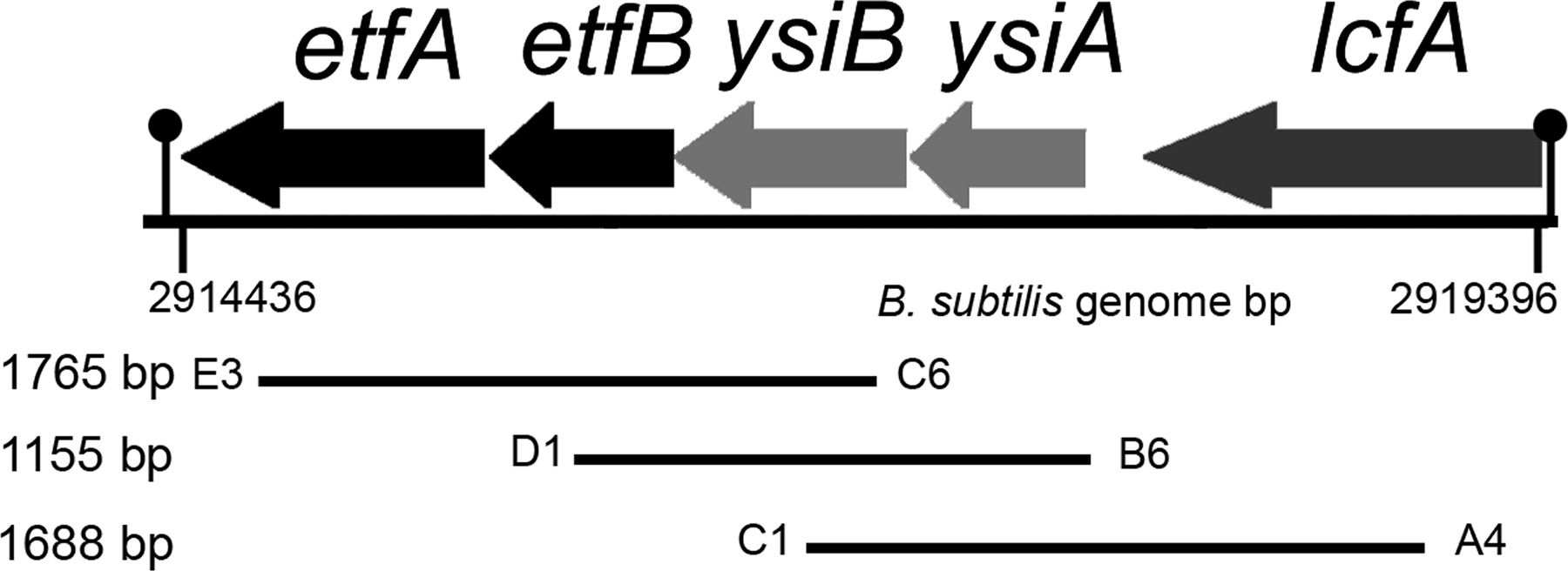Team:Newcastle:/Calcium Carbonate
From 2010.igem.org
| Line 10: | Line 10: | ||
Reference: Barabesi, c., Galizzi, A., Mastromei, G., Rossi, M., Tamburini, E., and Perito, B. 2007. ''Bacillus subtilitis'' gene cluster involved in calcium carbonate biomineralization. j. Bacteriol. '''189''':228-235. | Reference: Barabesi, c., Galizzi, A., Mastromei, G., Rossi, M., Tamburini, E., and Perito, B. 2007. ''Bacillus subtilitis'' gene cluster involved in calcium carbonate biomineralization. j. Bacteriol. '''189''':228-235. | ||
| + | |||
| + | Recent report by Marvasi ''et al'' 2010 have shown that a decrease in the pH was the main process responsible for the lack of calcium carbonate precipitation. This condition can be reversed the biofilm was incubated | ||
| + | under alkaline conditions. | ||
Revision as of 10:18, 11 June 2010
Calcium Carbonate
Calcium carbonate precipitation is a widespread process among bacteria. The process are controlled by two distinct pathways, namely biologically induced pathway and the biologically controlled pathway. In the biologically controlled pathway, bacteria is able to control the precipitation of calcium carbonate and deposit it intracellularly. In contrast, in the biologically induced pathway, calcium carbonate are deposited extracellularly. No specialized cell structure or specific molecular mechanism is thought to be involved. However environmential conditions were known to play a part.
A cluster of five genes (lcfA, ysiA, ysiB, etfB, and etfA) called the lcfA operon that may involved in the calcium carbonate precipitation, as well as fatty acid metabolism in Bacillus subtilis. Analysis through inserional mutagenesis have shown that lcfA is not involved in calcium carbonate precipitation. Modulation of the lcfA operon using IPTG have pinpointed etfA to be essential, which encodes for a putative flavoprotein. Further analysis through RT-PCR have shown that lcfA to etfA gene is transcripted as a single transcription unit.
Reference: Barabesi, c., Galizzi, A., Mastromei, G., Rossi, M., Tamburini, E., and Perito, B. 2007. Bacillus subtilitis gene cluster involved in calcium carbonate biomineralization. j. Bacteriol. 189:228-235.
Recent report by Marvasi et al 2010 have shown that a decrease in the pH was the main process responsible for the lack of calcium carbonate precipitation. This condition can be reversed the biofilm was incubated under alkaline conditions.
 "
"
